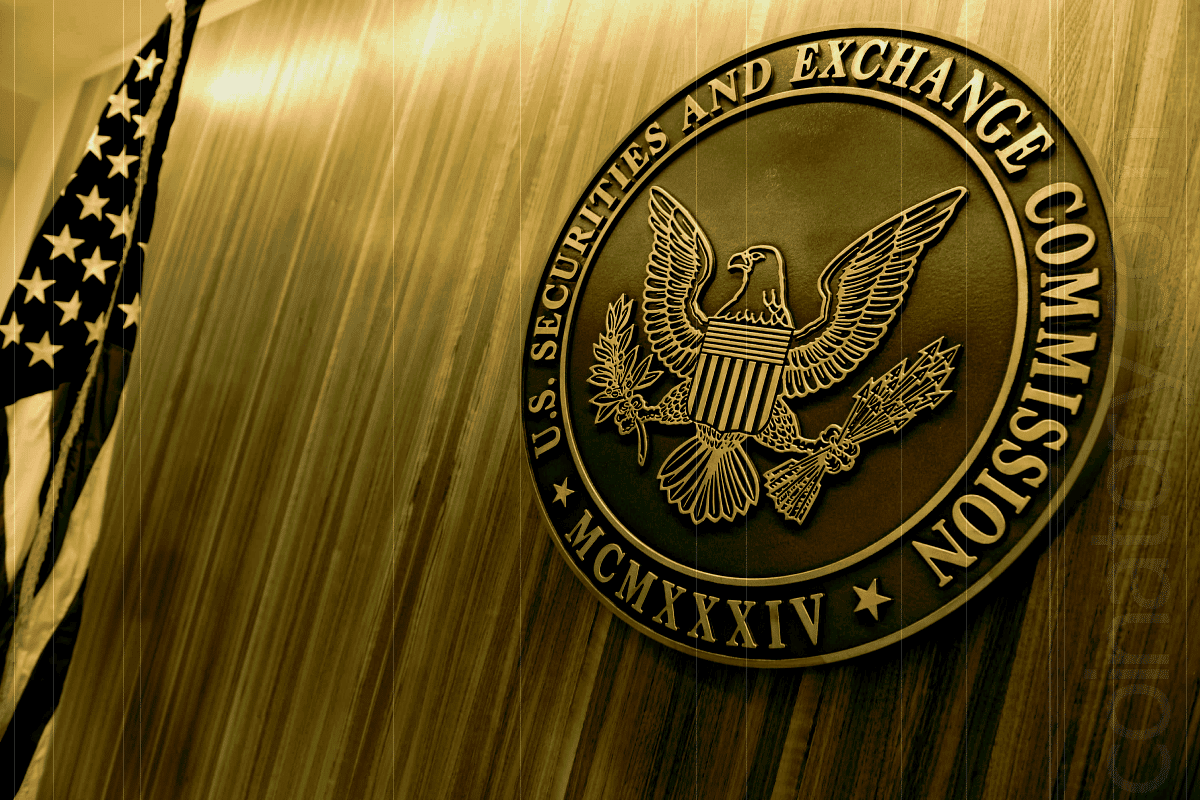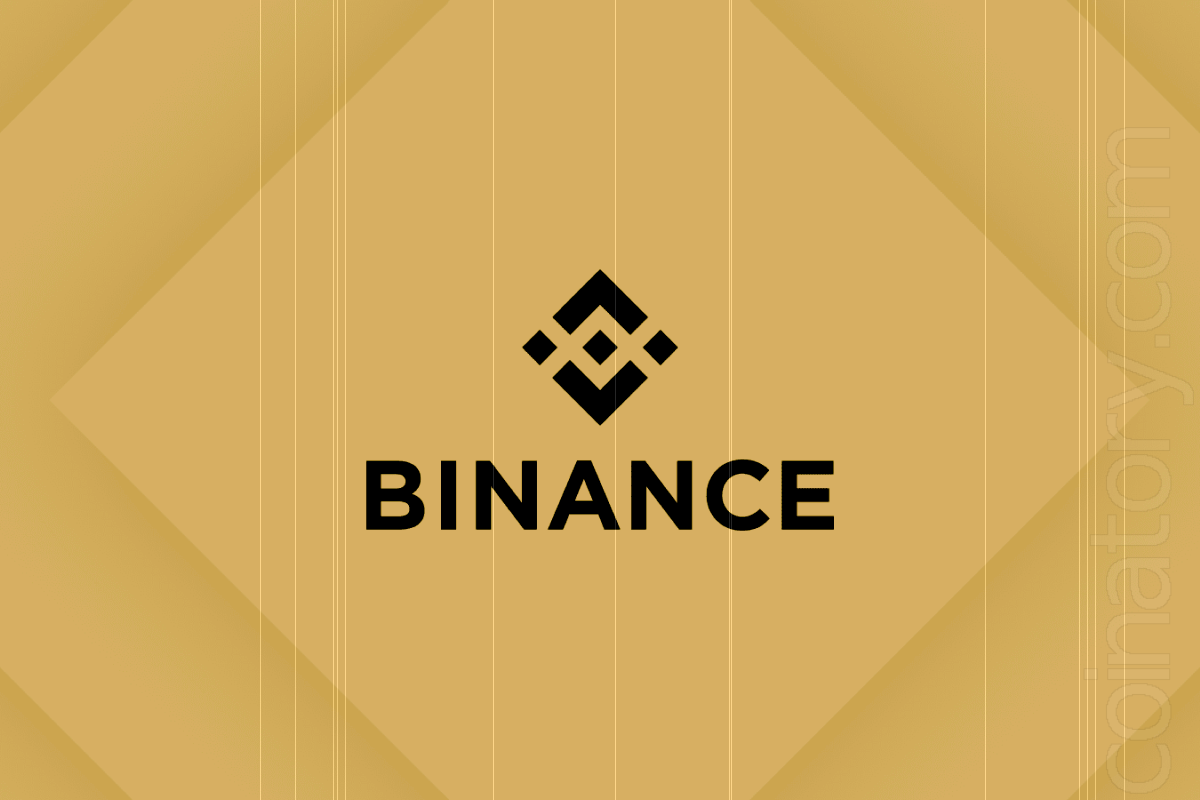
A leading U.S. financial trade group is urging regulators to reject a rising number of exemption requests from crypto firms aiming to offer tokenized stocks—digital representations of equities on blockchain platforms.
The Securities Industry and Financial Markets Association (SIFMA), which represents traditional securities issuers and financial institutions, issued a formal letter to the Securities and Exchange Commission’s Crypto Task Force expressing “significant concern” over reports of crypto entities pursuing no-action or exemptive relief to bypass standard securities regulations.
Under no-action relief, the SEC would commit to taking no enforcement action against a firm offering certain products. Exemptive relief allows the agency to temporarily exclude specific instruments or platforms from federal securities laws—typically to test emerging technologies in a limited scope.
SIFMA warned that granting such relief would enable crypto platforms to offer regulated financial products outside of the well-established framework of federal securities laws, undermining key investor protections.
“The SEC should reject such requests… through immediate no-action or exemptive relief in lieu of a more substantive notice and comment process,” SIFMA wrote. “These policy questions are simply too important to be addressed through fast-tracked exemptions.”
The statement follows recent remarks from SEC Commissioner Hester Peirce, who acknowledged in May that the Commission is weighing a “potential exemptive order” for blockchain-based securities issuance and settlement systems. Peirce suggested that tokenized securities could benefit from targeted relief, as legacy rules may not align with novel blockchain applications.
Peirce acknowledged the friction faced by crypto firms: registering fully with the SEC could be prohibitively costly, potentially stifling innovation due to the lack of viable trading platforms for tokenized stocks.
Still, SIFMA’s position underscores the broader resistance within traditional finance (TradFi) to disruptive crypto models. Alexander Grieve, vice president of government affairs at Paradigm, argued that incumbents “want to protect their market position,” noting that tokenized stocks could democratize securities trading and reduce dependency on entrenched platforms.
“TradFi does not share power lightly,” Grieve said.
Echoing this, Bill Hughes, global regulatory lead at Consensys, stated that SIFMA’s argument—rooted in process rather than principle—is reasonable. He emphasized that “changes to how retail investors access public equities should go through proper notice and comment rulemaking,” not be dictated by narrow exemptions.
He also pointed to the complex regulatory landscape that arises when digital assets straddle both crypto and traditional finance domains, saying it creates a “policy mess” that requires thoughtful resolution.
The industry tension comes as major exchanges Coinbase and Kraken explore SEC-compliant tokenized stock offerings. While Coinbase’s legal chief has called tokenized equities a “huge priority,” Kraken recently launched tokenized trading for major U.S. stocks—though notably not available in key jurisdictions including the U.S., U.K., EU, Canada, or Australia.







